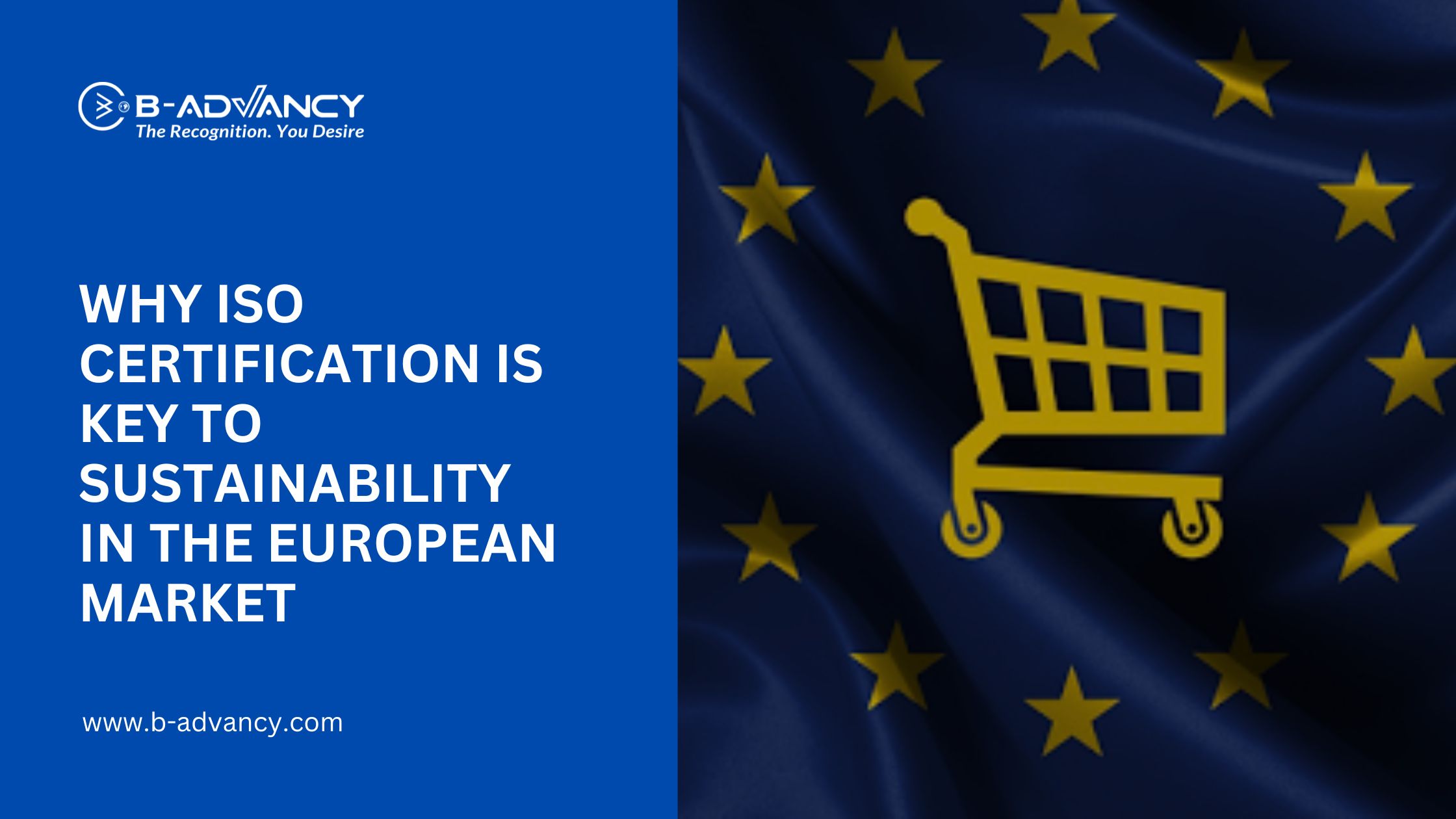
As businesses in Europe strive for sustainability, ISO certification has become a crucial tool to demonstrate commitment to sustainable practices. The standards set by the International Organization for Standardization (ISO) are globally recognized and, in the European market, help companies align with environmental and social expectations while enhancing competitiveness. Here’s why ISO certification is essential for sustainability in Europe.
ISO standards such as ISO 14001 for Environmental Management Systems provide a framework for companies to reduce their ecological footprint. By achieving this certification, European businesses demonstrate responsible resource usage, waste reduction, and adherence to environmental laws. This resonates well with European customers and stakeholders who prioritize eco-friendly practices, strengthening brand reputation.
ISO certifications guide organizations in optimizing resources. For instance, ISO 50001 for Energy Management helps companies track and improve energy usage, which lowers costs and reduces carbon emissions. In the context of Europe's energy and resource challenges, efficient use of resources is not only sustainable but also economically advantageous.
ISO standards encourage continuous improvement, prompting organizations to seek new, sustainable ways to deliver products and services. For example, standards such as ISO 14064 for greenhouse gas emissions reporting foster transparency and accountability. European companies can use these standards to innovate, meeting stringent environmental goals while staying ahead in a market that increasingly values sustainability.
Europe has some of the world’s most progressive sustainability policies, such as the European Green Deal. ISO certifications help companies align with these regulations by providing a structured approach to meet compliance requirements. ISO 45001, for instance, ensures occupational health and safety, protecting employees while supporting compliance with labor regulations in Europe.
Sustainability has become a key factor in investment decisions. Investors and stakeholders in Europe are inclined toward businesses with proven commitments to sustainability, which is where ISO certification serves as a trusted benchmark. ISO 26000 on social responsibility, although not a certification standard, can guide businesses to adopt practices that build credibility, fostering trust with consumers, partners, and investors.
European businesses certified with ISO standards gain recognition worldwide, reinforcing their credibility on the global stage. In international markets, ISO certifications act as proof of a company’s sustainable and ethical practices. This competitive edge not only opens up new business opportunities but also positions European companies as leaders in sustainable practices.
European consumers are increasingly aware of sustainability issues and prefer brands that align with their values. ISO certification signals a company’s dedication to sustainable practices, making it easier to attract and retain consumers who prioritize environmental and social responsibility.
Standards like ISO 31000 for risk management help companies mitigate operational risks associated with environmental, social, and economic impacts. By integrating these standards, European businesses can proactively address risks related to resource scarcity, regulatory changes, and consumer demands, ensuring long-term sustainability and resilience.
ISO certification is more than just a compliance tool for European businesses; it is a pathway to sustainable growth and resilience. By adopting ISO standards, companies in Europe can build efficient, responsible, and competitive operations that align with the continent's ambitious sustainability goals. For any business aiming to thrive in the European market, ISO certification is not just beneficial—it’s essential for a sustainable future.